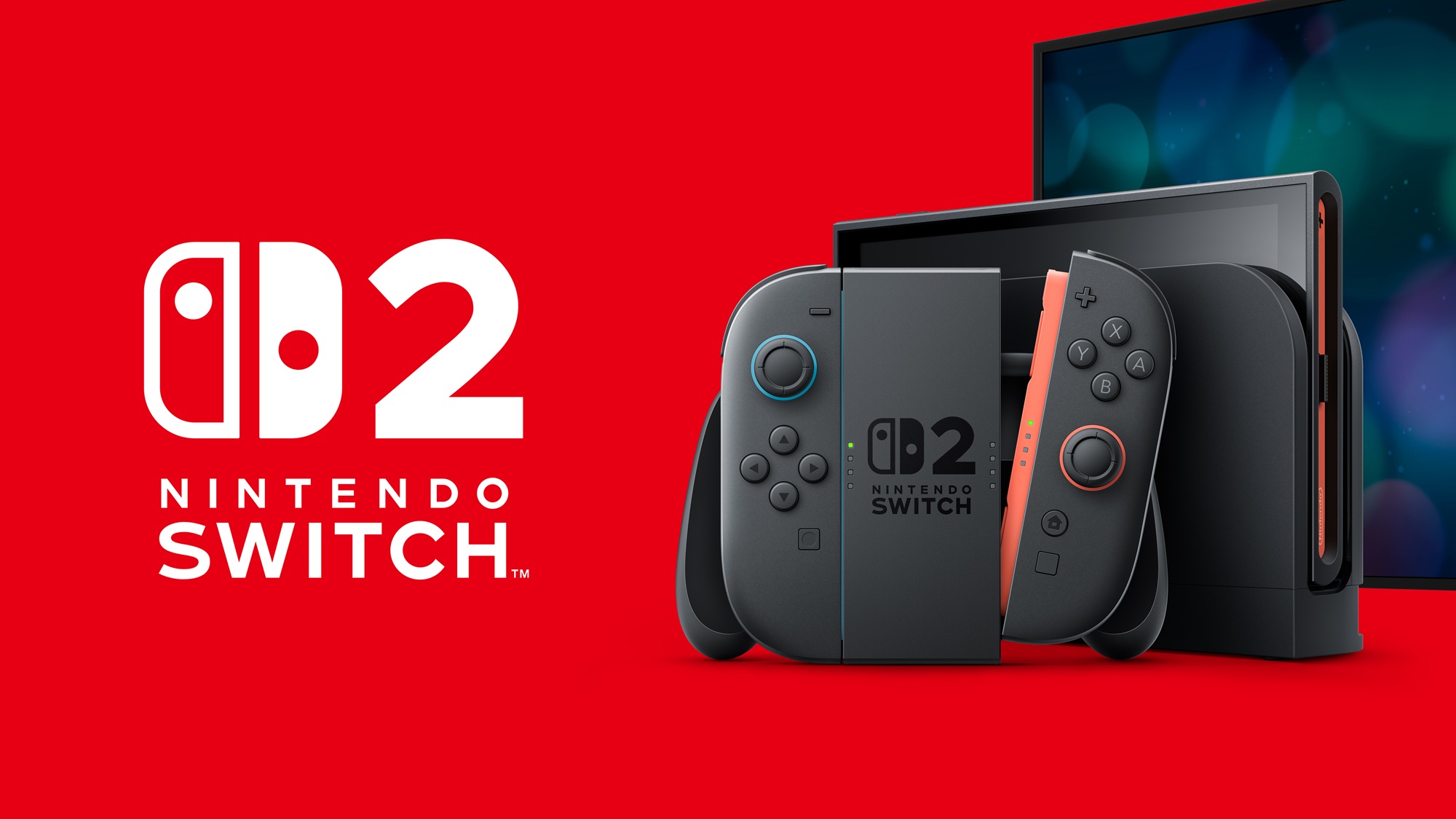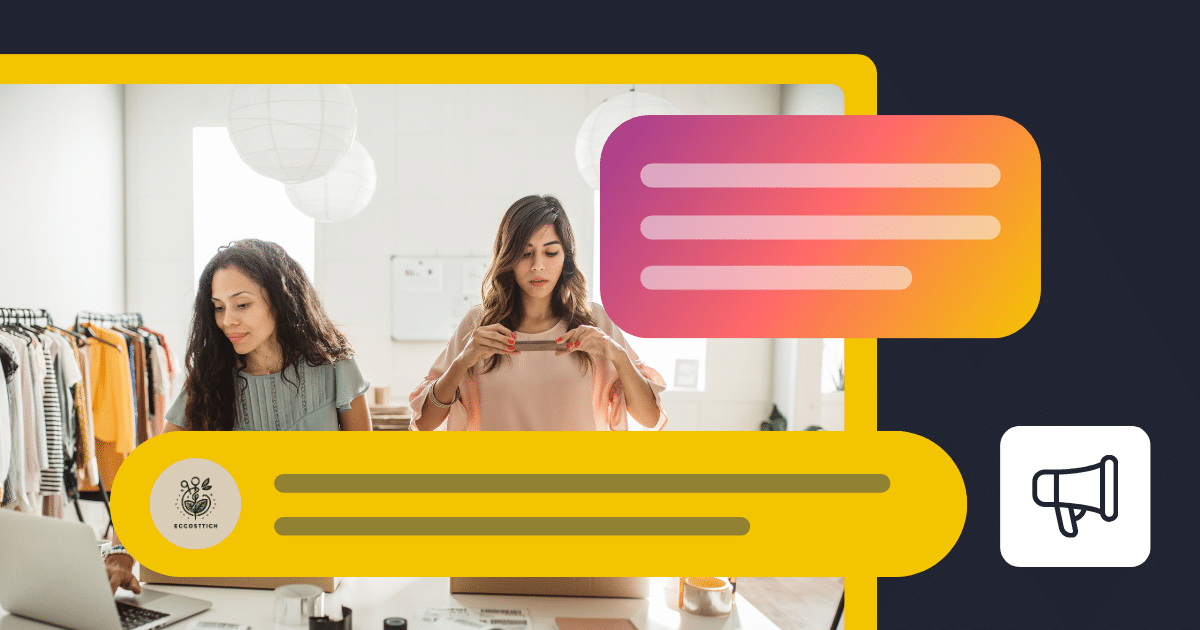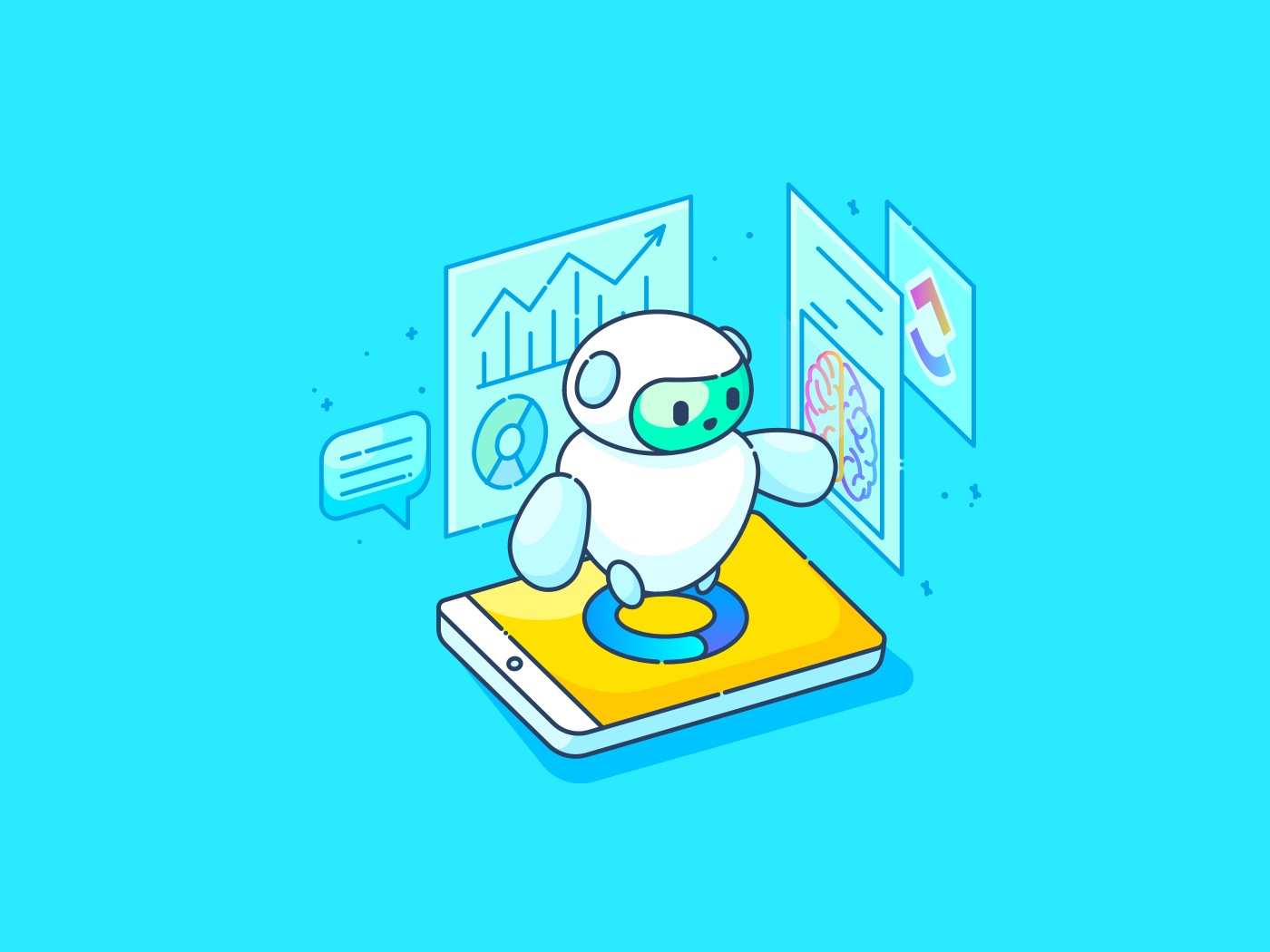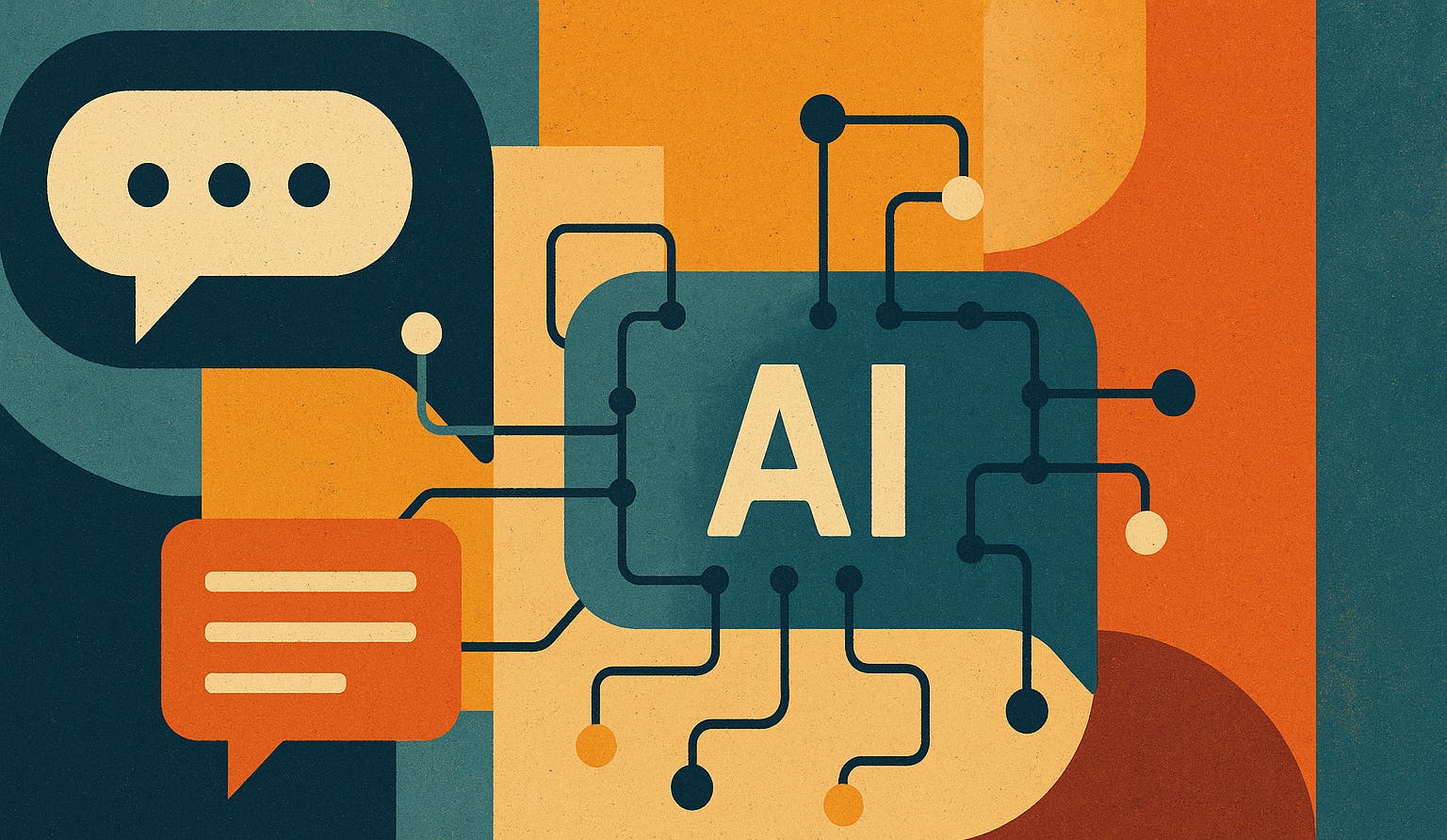Ready to transform your interview preparation from a source of stress into a strategic advantage? Imagine having a personal coach available 24/7, helping you dissect job descriptions, craft compelling answers to tricky questions, and even practice your delivery. With ChatGPT, this kind of dedicated support is now readily available. While it won’t shake the interviewer’s hand for you, it can equip you with the insights, practice, and polish to make an unforgettable impression.
This guide is designed to be your roadmap, offering a comprehensive collection of ChatGPT prompts tailored for every stage of the interview process – from initial research and crafting compelling narratives, to mock interviewing and post-interview follow-up.
These prompts are specifically designed with placeholders (like [Job Title] and [Company Name]), enabling you to harness AI’s power for your unique situation and walk into your next interview more prepared and confident than ever before.
Tips for Using ChatGPT Effectively:
- Be Specific: The more context you provide, the better ChatGPT’s response will be.
- Iterate: Don’t expect the first response to be perfect. Ask follow-up questions, request revisions, or ask for alternative phrasings.
- Use it as a Tool, Not a Crutch: ChatGPT can help you prepare, but your answers must be authentic and reflect your own experiences and personality.
- Fact-Check: While powerful, AI can sometimes provide outdated or incorrect information, especially about recent company news. Always verify critical details.
- Paste Context: For prompts analyzing job descriptions or your resume, paste the relevant text directly into the chat.
I. Pre-Interview Preparation: Laying the Groundwork
Thorough preparation is key to interview success. Use these prompts to build a strong foundation.
A. Company and Role Research:
- Deep Dive into the Company:
Generate a comprehensive research brief on[Company Name]. Focus on their:- Mission, vision, and core values.
- Recent news, achievements, and challenges (especially those relevant to the
[Industry/Department]they operate in). - Key products/services and their target market.
- Company culture (if publicly available information exists).
- Main competitors and
[Company Name]‘s differentiators.
- Understand Industry & Role Context:
What are some current trends, potential challenges, and opportunities[Company Name]might be facing within the[Industry Name]sector? How could someone in a[Job Title]role contribute to addressing these or capitalizing on opportunities based on the typical responsibilities of such a role? - Deconstruct the Job Description:
I’m applying for the[Job Title]role at[Company Name]. Please analyze the following job description and identify:- The top 5-7 essential skills and experiences.
- Implicit or ‘soft’ skills they might be looking for.
- Potential challenges or key responsibilities of this role.
- Keywords I should incorporate into my answers.
Job Description:
[Paste Job Description Here] - Align Your Experience with the Role:
Based on the[Job Title]job description at[Company Name](see above/previous prompt) and my resume (summarized as[Your 2-3 sentence career summary and key achievements]), help me identify 3-5 key talking points where my experience directly aligns with their needs. For each, suggest how I can frame it, perhaps by connecting it to a specific department or project at[Company Name]if known.
B. Crafting Your Narrative & Answers:
- Perfecting Your “Tell Me About Yourself”:
Help me craft a compelling ‘Tell Me About Yourself’ pitch for the[Job Title]role at[Company Name]. It should be around 90 seconds, highlight my experience in[Your Key Skill/Experience 1],[Your Key Skill/Experience 2], and[Your Key Skill/Experience 3], and clearly connect to the requirements of this specific role. I have[Number]years of experience in[Your Field/Industry]and am passionate about[Your Relevant Passion/Interest]. - Answering “Why This Role/Company?”:
Generate 3 distinct and genuine reasons why I would be interested in the[Job Title]position at[Company Name]. Consider my background in[Your Field/Interest]and[Company Name]‘s work in[Specific Company Project/Value/Initiative that interests you]. - Addressing “Strengths and Weaknesses”:
- What are 3 of my key strengths that are highly relevant for a
[Job Title]? My core competencies include[List 3-5 of your skills/strengths, e.g., analytical thinking, collaborative teamwork]. For each, suggest a brief example I could use. - Help me frame a genuine weakness for an interview. The weakness is
[Your Actual Weakness, e.g., public speaking, delegating too little, over-committing]. How can I present this constructively, focusing on self-awareness and the steps I’m taking to improve?
- What are 3 of my key strengths that are highly relevant for a
- Brainstorming STAR Scenarios for Key Competencies:
Generate 3 common behavioral interview questions that assess[Specific Soft Skill, e.g., 'problem-solving,' 'teamwork,' 'adaptability,' 'leadership']. Then, help me brainstorm a relevant personal experience I can use to answer one of these using the STAR method. My relevant experience involves[Briefly describe a relevant situation or project, e.g., 'leading a difficult team project,' 'solving a complex customer issue,' 'adapting to a sudden change in project scope']. - Structuring Your Behavioral Answers (STAR Method):
Help me structure a STAR method (Situation, Task, Action, Result) response to the behavioral question: ‘[Specific Behavioral Question, e.g., Tell me about a time you faced a major setback and how you handled it.]‘- The situation involved:
[Briefly describe the context of your example]. - My task was:
[Briefly describe your responsibility]. - The actions I took were:
[Briefly describe what you did]. - The result was:
[Briefly describe the outcome, quantify if possible].
- The situation involved:
- Refining an Existing STAR Answer:
Here’s my draft STAR answer for the question ‘[Behavioral Question You're Practicing]‘:[Paste your STAR answer here]
Please critique it for clarity, conciseness, impact, and completeness of the STAR components. Suggest specific improvements to make it more compelling and ensure the ‘Result’ quantifies the impact where possible. - Anticipating Common Questions:
Generate a list of 10 common interview questions I might face for a[Job Title]position in the[Industry]sector, beyond the ones we’ve already discussed.
C. Technical/Role-Specific Preparation (If Applicable):
- Identify Common Technical Questions:
What are common technical questions or problem-solving scenarios for a[Specific Technical Role, e.g., Software Engineer, Data Analyst]interview, particularly focusing on[Specific Technology/Concept, e.g., Python, SQL, AWS, specific algorithms]? - Explaining Complex Concepts (Dual Approach):
Explain the concept of[Technical Concept, e.g., Object-Oriented Programming, REST APIs, Cloud Computing, Agile Methodology]in two ways:- Simply, as if to a non-technical manager.
- In more detail, suitable for a senior technical interviewer, highlighting key considerations or trade-offs.
- Practicing Technical Problem-Solving (Coding Focus):
I’m preparing for a technical interview for a[Job Title]role that requires proficiency in[Programming Language/Technology, e.g., 'Python,' 'SQL,' 'React']. Give me a sample coding problem related to[Specific Topic, e.g., 'array manipulation,' 'database schema design,' 'state management']that is[Difficulty Level, e.g., 'medium difficulty']. Then, walk me through a high-level thought process to approach solving it, including potential edge cases to consider. - System Design Fundamentals:
Let’s do a high-level system design exercise. I need to design a system for[Type of System, e.g., 'a URL shortening service,' 'a real-time notification system for a social media app,' 'an e-commerce product recommendation engine'].- What are the key functional and non-functional requirements I should consider?
- What would be the major components, and how might they interact?
- What are 2-3 potential bottlenecks or scalability challenges I should anticipate?
- Scenario-Based/Case Study Questions (General):
Generate a hypothetical scenario or mini-case study relevant to a[Job Title]that tests[Specific Skill, e.g., problem-solving, strategic thinking, client management]. Then, outline key points I should consider when formulating my response.”
Example Scenario for a Marketing Manager: “A product launch is underperforming. What steps would you take to diagnose the problem and propose solutions?
D. Preparing Your Questions for the Interviewer:
- Insightful Questions to Ask:
Suggest 5 insightful questions I can ask the interviewer about the[Job Title]role, the team dynamics, company culture at[Company Name], or its future strategic direction. I want to demonstrate genuine interest and critical thinking, avoiding questions easily answered by their website. My questions should ideally cover aspects like[e.g., 'team collaboration style,' 'upcoming challenges or projects for the team,' 'opportunities for professional development and growth within the role'].
II. Mock Interviewing & Refinement
Practice is crucial. Simulate the interview experience with ChatGPT.
- Full Mock Interview Simulation:
Act as an interviewer for a[Job Title]position at[Company Name]. Ask me a mix of behavioral, situational, and role-specific questions. After each of my answers, provide constructive feedback on clarity, conciseness, use of examples, and relevance to the role. Let’s start with ‘Tell me about yourself.’ - Targeted Question Drills:
Let’s do a targeted practice session. Ask me three different behavioral questions focusing on[Specific Competency, e.g., leadership, teamwork, conflict resolution]. I will answer using the STAR method, and you will provide feedback on each. - Targeted Answer Refinement (General):
I’m going to provide my answer to the interview question: ‘[Specific Interview Question you want to practice, e.g., 'Why are you interested in this role?']‘.
My answer is:[Your Drafted Answer]
Please provide feedback on its effectiveness. Does it directly answer the question? Is it concise and impactful? Does it convey enthusiasm and alignment with the role/company? What specific changes could make it stronger? - Handling Tough or Unexpected Questions:
I anticipate I might be asked[Tough/Awkward Question, e.g., 'Why did you leave your last job so quickly?' or 'Why is there a gap in your employment?']. Help me formulate a concise, positive, and professional response. My context is:[Briefly explain your situation].
III. Post-Interview Actions
The interview isn’t over when you walk out the door.
- Drafting a Thank-You Note:
Help me draft a professional and impactful thank-you email to[Interviewer's Name](and[Interviewer's Title if known]) following my interview for the[Job Title]position at[Company Name]. I want to:- Reiterate my strong interest in the role.
- Specifically mention
[Unique point discussed or learned during the interview, e.g., the upcoming project on X, their comments on Y]. - Briefly remind them of
[A key strength/experience you possess relevant to that point]. - Reaffirm my fit for the team/company culture.
- Reflecting and Preparing for Follow-ups:
During my interview for[Job Title], I was asked[Specific question you struggled with or want to improve]. I answered by saying[Your brief answer summary]. Can you help me analyze my answer and suggest how I could have improved it or what key points I might have missed, in case I have a follow-up interview or want to subtly address it in my thank-you note? - Salary Discussion Preparation (If Offer is Imminent):
I anticipate receiving an offer for[Job Title]at[Company Name]located in[City, State/Country]. Based on my experience of[Number]years in[Field], skills in[Key Skill 1, Key Skill 2], and market research for similar roles:- Help me determine a reasonable salary range I should aim for.
- Help me formulate a polite, confident script to state my salary expectations or to begin a negotiation if the initial offer is
[Optional: Hypothetical Offered Salary]and my target is[Optional: Your Target Salary]. - Suggest points for negotiation beyond base salary (e.g.,
[Bonus, Stock Options, Professional Development Budget, Remote Work Flexibility]).
By strategically using these ChatGPT prompts, you can approach your interviews more prepared, confident, and ready to make a lasting positive impression. Good luck!









